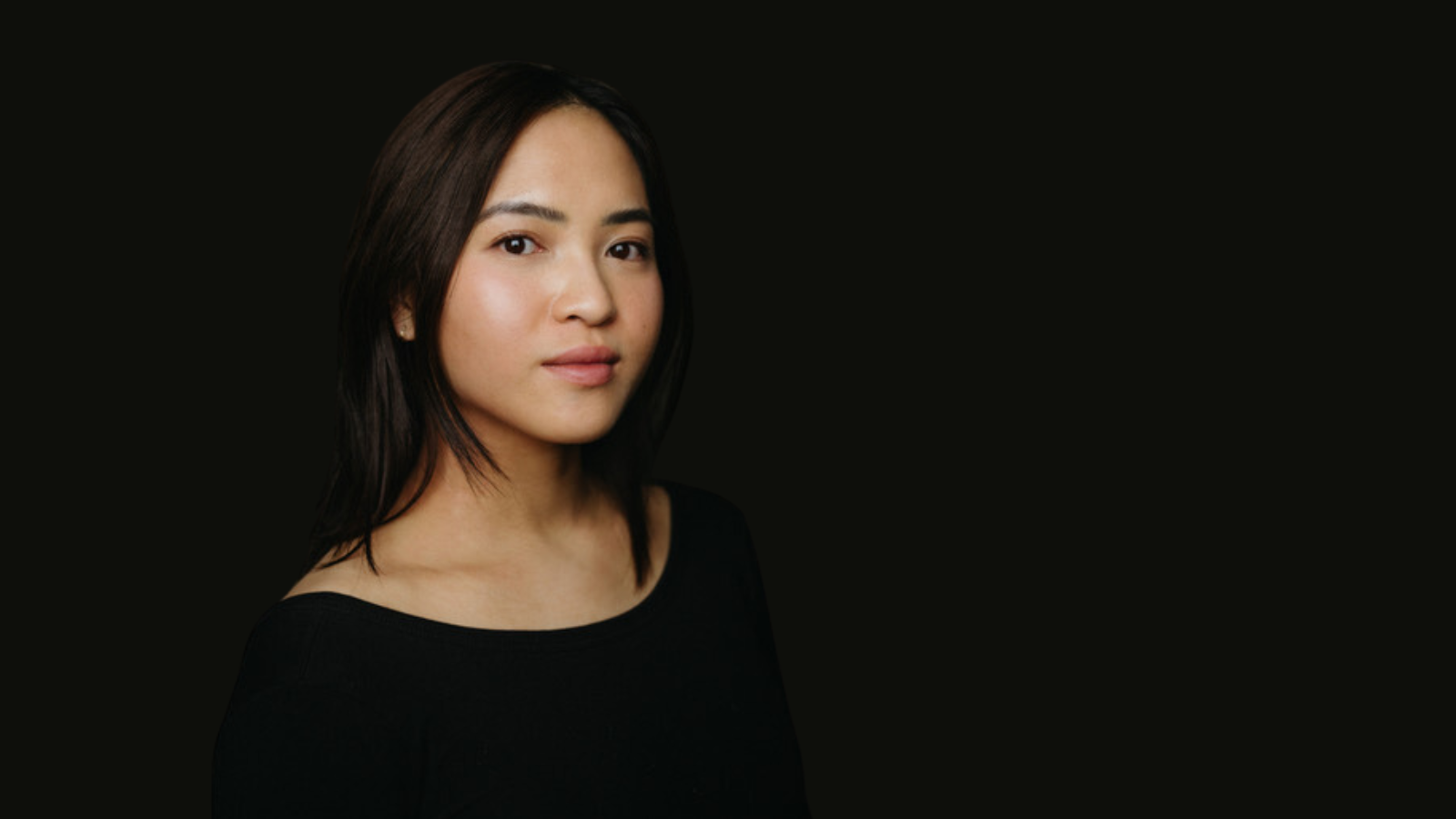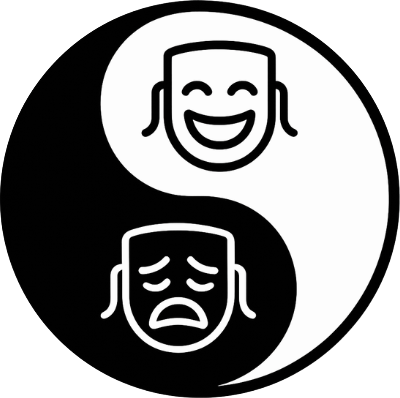Behind the Breakout: Molly Harris
Molly Harris has certainly covered a lot of ground in her short career to date. From stage (Measure for Measure at the Donmar Warehouse) to screen (Cursed, Doctor Who), Disney's soundstages (Artemis Fowl) to Netflix's recording booths (Arcane), it's hard to believe Molly only started working in 2018.
The Holland-raised actor will soon be seen in two (count them) much-hyped series: the psychological thriller Rematch and the supernatural drama Domino Day.
Here we speak to Molly about ignoring judgment, her current self-tape process, and that run of 70 nos.

We'd love for you to take us back to the start. Do you remember the moment you decided the actor's life was the one for you?
Molly Harris: Growing up, I'd love to play pretend in my room, and I was a creative kid. I think my love for acting was a secret desire because I never even considered it as a profession until someone else in my class was told they should enrol in acting classes. Suddenly the impossible became possible. This was around the time we were looking at universities and deciding what we wanted to do "for the rest of our lives", and the idea of an office job and studying something for four years that I wasn't sure about terrified me. So I decided to pursue the path that least scared me, which – ironically – was moving to a different country to do something I'd never done before.
Haha! Wow. How did you go about making this dream a reality?
MH: First, I told my parents – which wasn't easy. My mum, in particular, wasn't a fan of this random idea. My friends were also quite shocked, but thankfully I ignored judgment and stuck with the decision, which I pat my past self on the back for. I then looked at courses around the world and landed on a foundation course in London.
Can you talk to us about your experience of drama school? Are there any lessons you've carried with you?
MH: Drama school was the perfect thing for me at the start of my career. I was a blank canvas – eager and curious. However, having no prior experience was also very confusing because there was no foundation for me to hold onto. What was "good" acting? Why was I not "getting it right"? Sadly, this anxiety never waned for the three years I studied, but thankfully I'm at a place now where I feel more confident with my craft.
A big lesson for me that I took from drama school is to take every criticism with a grain of salt. The world is wide. At different moments in life, you'll find yourself in places where your talent is or isn't fully seen, but once you realise how subjective art is – that expression alone is enough – you can let go of doubt and be more free as an artist and human being.
Would you tackle drama school differently if you could go back in time?
MH: I would've liked to have actually read the books recommended… And I could've done with less focus on silly boys.
Has imposter syndrome been a challenge you've had to face?
MH: Thankfully, I've never had full-on imposter syndrome. I do often get in my head when it comes to emotionally heavy scenes – I tend to overthink and think I won't be able to "get there". [But] over the years, I've found that just exercising it, by doing plenty of tapes or acting classes, has enabled me to unblock myself when I know I'm getting stuck in my head. Affirming feedback from people you trust also helps because sometimes you can't see things for what they really are.
You've done an incredible job building momentum over the past few years. How do you approach auditions these days?
MH: First, research. Who's involved with the project? What's their style? Who have they cast before in previous projects? I try to ask for a full script so I can have as much context as possible.
An ideal self-tape session for me is having my flatmate – who's also an actor – chat with me about the scene first, read with me, give their thoughts, and then do a couple of versions. I don't make many decisions on how I'm going to "do" the scene prior to taping, as I like to see what happens instinctually. Often through that, I discover the beats that need to be played, the shifts that are present, and the nuances needed to create a layered scene and character.
It would be easy to look at your CV and assume all you've heard is "yes", but we all hear "no" from time to time. Do you have any strategies for managing rejection?
MH: That's funny. I once had a long period where I did around 70 tapes and had no yeses. So I definitely know what it feels like to hear nos!
For me, other creative interests help. I picked up painting and photography and finally took the plunge to start writing and pursue directing. I also like to visit family. When I'm really down about it all, it's good to remind myself that there's more to life than acting. No one's going to get hurt or die from you not doing the best performance of your life. There's a freedom in acknowledging that it doesn't matter as much as you think and that the gift of life holds so many magical moments that aren't related to your job.
Ooof... #truth 🔥 On this, do you have any favourite happy places or activities that keep your wider life cup full?
MH: I love visiting new places and doing new things. I often go to exhibitions, plays, the cinema, galleries... I love to bake when I have the space and time. Reading, painting, and taking photos are also things I enjoy. Now and again, I'll do a random free course on some niche subject because why not?
Big love to Molly for her time. You can follow Molly's journey over on Instagram and Twitter. Give her a wave and let her know you're from the Dojo 👋
Thoughts / feedback / challenges for us? We'd genuinely love to hear.
